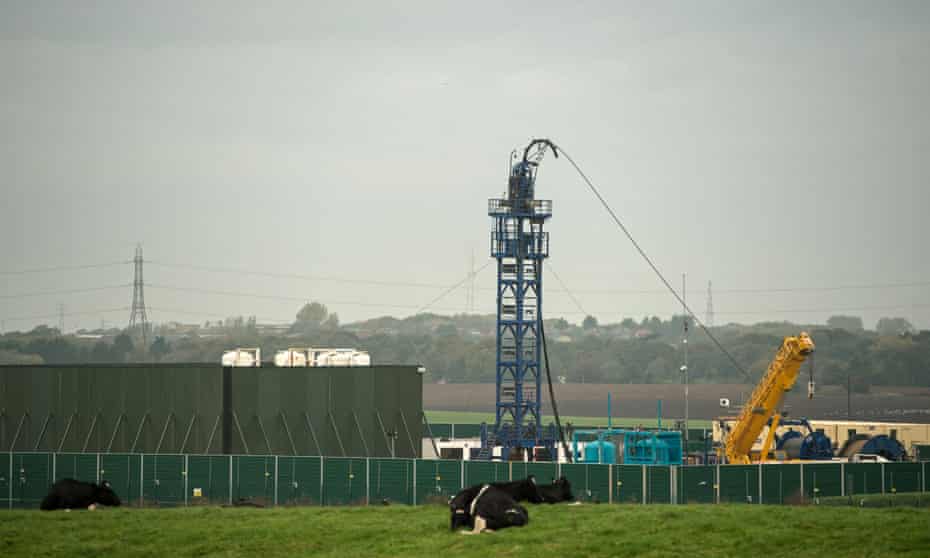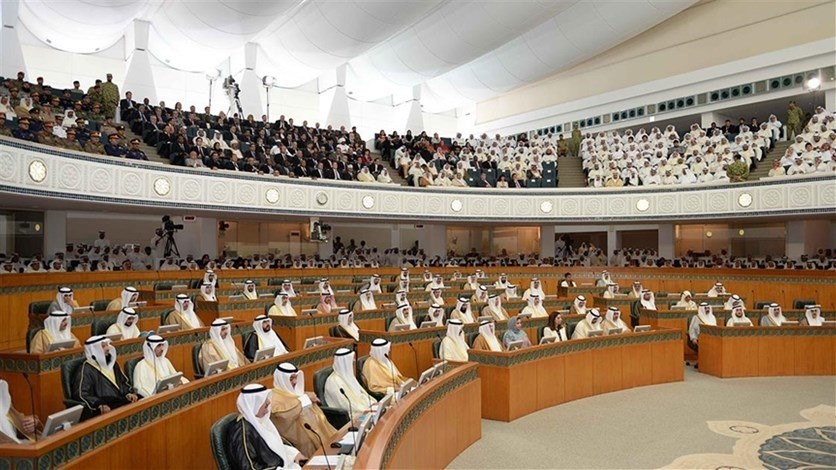FRACKING
U.K. Looks Again at Shale Gas in Push Toward Energy Security
, Bloomberg News
(Bloomberg) -- Business Secretary Kwasi Kwarteng commissioned a geological report into the science of shale gas fracking, as the U.K. government tries to boost energy self-sufficiency in the wake of the Ukraine war.
Kwarteng wrote Tuesday to the British Geological requesting a report in three months’ time on the modeling of seismic activity in shale rocks in the U.K. The letter, which was posted on the government’s website, will add to speculation that the U.K. is preparing to reverse tack on fracking for gas.
The move comes with the government due to publish a new energy supply strategy on Thursday that aims to increase domestic energy production and reduce reliance on imports from Russia. The U.K. wants other nations to follow suit, depriving Vladimir Putin of funds for his invasion of Ukraine.
Fracking has been on pause in Britain since 2019 when a small earthquake were registered at Cuadrilla Resources Ltd.’s Preston New Road site near Blackpool. Officials last month withdrew the requirement for the company to concrete over three wells, giving it a one-year reprieve in which to prove the drilling technique is safe.
Britain’s Failed Frackers Hope for Reprieve Due to Russia Crisis
Kwarteng’s letter indicates the government is still far from convinced about the case for fracking. The reasons for the pause in fracking “have not gone away and to date we have not identified any new, compelling evidence that would support a reassessment of the current position,” he wrote.
In a separate statement, Kwarteng also pointed out that fracking would not solve price issues in the short-term, and that it would take “years of exploration and development before commercial quantities of gas could be produced for the market.”
The new study will be desk-based and not involve the drilling of any more test wells or any extra seismic monitoring, Kwarteng’s department said.
©2022 Bloomberg L.P.
Ministers launch UK fracking study, paving
way to end moratorium
Conservatives seek to examine latest techniques, citing
rising energy costs
Aubrey Allegretti
@breeallegretti
Ministers have paved the way for a reconsideration of the moratorium on fracking by announcing they have commissioned a study to look at fresh evidence about the controversial practice.
In an effort to decrease Britain’s reliance on imported energy given spiralling energy costs – caused partly by Russia’s invasion of Ukraine – the business secretary, Kwasi Kwarteng, insisted it was “absolutely right that we explore all possible domestic energy sources”.
The Conservatives promised in their 2019 manifesto that they would not support shale gas extraction “unless the science shows categorically that it can be done safely”.
Some senior Tory MPs have pushed for fracking to be part of the government’s long-delayed energy security strategy, expected to be published on Thursday. The strategy has been mooted to contain more ambitious targets for onshore and offshore wind.
Kwarteng suggested it would also explore expanding fracking – a move he has so far appeared to resist. He said on Tuesday that the government would be “guided by the science on shale gas” and that it “remains the case that fracking in England would take years of exploration and development before commercial quantities of gas could be produced for the market, and would certainly have no effect on prices in the near term. However, there will continue to be an ongoing demand for oil and gas over the coming decades as we transition to cheap renewable energy and new nuclear power.”
He continued: “In light of Putin’s criminal invasion of Ukraine, it is absolutely right that we explore all possible domestic energy sources. However, unless the latest scientific evidence demonstrates that shale gas extraction is safe, sustainable and of minimal disturbance to those living and working nearby, the pause in England will remain in place.”
The British Geological Survey has been asked to investigate if there are any new fracking techniques that scientists believe would be suitable for use in the UK, and how the size of tremors caused by extracting shale gas compares with other forms of underground energy production.
The study will also look at whether there are other sites outside those identified in Lancashire that could be at a lower risk of tremors.
Fracking is potentially polluting and disruptive to communities and many experts say it would take up to a decade to reap any benefits, and the amount of gas would not make a dent in global prices.
Its return appeared to be hampered even more given the lack of support from Tory MPs, revealed by the Guardian. Just five Conservative MPs out of a pool of 138 asked whose constituencies have exploration licences said they supported the measure in their area. A total of 41 said they were against it, while the rest declined to comment or did not reply.
Where fracking has been trialled, there has been major local opposition and anger due to earthquakes.
Boris Johnson has resisted the permanent closure of two shale gas wells in Lancashire, which were due to be closed on 30 June. Last month Kwarteng said the prime minister had told him it did “not make sense” for the wells to be concreted in.









